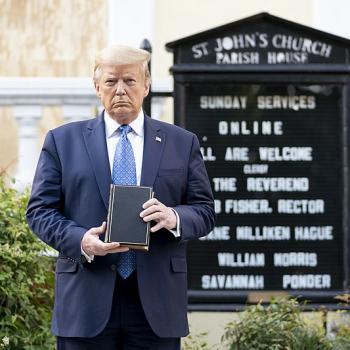Today is the 5th of July and everyone in my family is back at work.
I asked my husband and sons why they weren’t taking today off and got explanations that amounted to one thing: Habit. They go to work. Every day.
It wasn’t until I got up this morning, and started … um … working … that I realized I’m just like them.
However, less habitual people all over this country are enjoying the second day of a four day weekend. It’s baseball, apple pie an hot dogs all around.
The questing arises: What are we celebrating? Is it freedom from the tyranny of foreign powers? Or is it freedom from the tyranny of our own government? When the signers put their names to the Declaration of Independence, they didn’t have an argument with the Czar of Russia who was trying to invade these shores. Their argument was with the government that had planted them here and that had governed them for over two-hundred years since.
They, every single one of them, was born under the English flag, had grown up under the rule of the English king, and had, until very recently, regarded themselves as English.
What changed? Distance and time had given them the freedom to think for themselves. They were inspired by the Gospels that taught that all human beings matter, that ever hair on our heads are numbered. This ethos of human dignity which began when the Son of God had chosen to be born in a stable rather than a palace had been the mustard seed of the Kingdom that was growing and expanding throughout the world.
The times were right, of course. Political philosophers had moved on from the cynical practicality of The Prince to the cynical idealism of Common Sense. If you haven’t read these two documents, I encourage you to do so, and then to compare them. The change in outlook of a few hundred years and one ocean is striking.
There is a whole world of difference between “If an injury is done to a man, it should be so severe that his vengeance need not be considered,” and “Those who expect to reap the blessings of freedom, must, like men, undergo the sufferings of supporting it.”
The difference between these two outlooks is the experience of living free. Distance from England and the rigors of the frontier had worked a kind of magic on these American colonists. They had learned the power of thinking for themselves. While no one would ever claim Thomas Paine as a devout Christian, he lived in a Christian society, breathed Christian air and was influenced deeply by the Christian call to the value of each individual human person.
Machiavelli, on the other hand, while an observant Christian, lived in a Christian world that was half-caught between the call to human dignity that the Gospels demanded and the entrenched and cynical society in which he lived. Despite living in a faith-filled world, he was unable to realize the true meaning of Christian faith, which is human freedom.
The question I have, is which direction are we going?
Does Thomas Paine’s statement:
“I have always strenuously supported the right of a man to his own opinion, however different that might be from mine.”
Or Machiavelli’s claim:
“Men are so simple of mind, and so much dominated by their immediate needs, that a deceitful man will always find plenty who are ready to be deceived.”
Reflect our current way of thinking and living?
Are our minds and hearts governed by the singing phrases of our founding documents, or have we sunk into a mire so deep that Machiavelli would abhor it?
Machiavelli was not nearly as Machiavellian as those who’ve never read him would lead you to believe. His treatise was common sense politics of his day and in many ways of any day, including ours. On the other hand, Thomas Paine was a young revolutionary with a young revolutionary’s hot-blooded fervor.
This country was birthed by thinkers who believed in the power of the individual to think for himself. But I wonder if it is not more and more being governed and educated by thinkers who have gone past Machiavelli and into some new dark realm of governance by means of lies and propaganda that was an impossibility in yesterday’s pre-tech times.
Thomas Paine said, “A body of men holding themselves accountable to nobody ought not to be trusted by anybody.”
I do him the honor of holding my own opinion, including disagreeing with quite a few of the things he said. However, in this, as with a lot of his thinking, Thomas Paine was exactly right.












